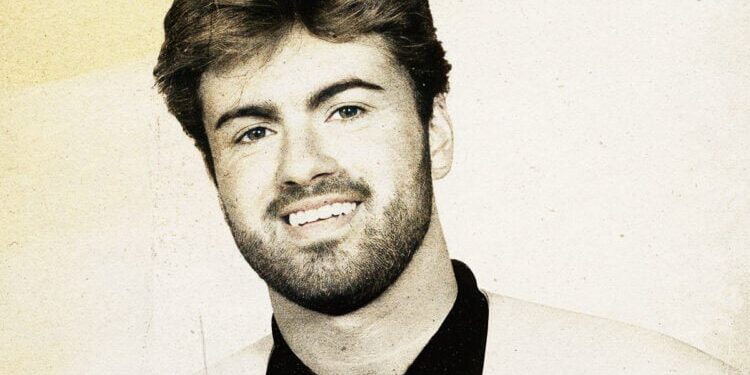As the 1990s came to an end, George Michael was faced with a sort of ultimatum. When faced with an unanticipated scandal and years of public scrutiny, he did what only George Michael could do: he crafted a music video about his problematic mistakes and paraded the spotlight with them. His arsenal to meet the situation with a humorous edge would be “Outside,” but not before another setback upset his plans.
Michael was ready to laugh at the situation by the time the music video for “Outside” started to play nonstop on music channels, and he encouraged others to do the same. Michael was not the kind to give up easily and concede defeat, in contrast to many others who were involved in scandals that could have damaged their reputation. Rather, he took control of his image with the song and video.
The whole point of the sequence was to reflect Michael’s sentiments about the entire incident by making it seem ridiculous and humorous. Michael’s arrest is dramatically reenacted, complete with police officers, surveillance cameras, and obtrusive flashing lights. This gives Michael the symbolic middle finger he has always wanted to give to everyone who disregarded his desire to exhibit sexual liberation and freedom.
But Michael’s recent embracing of controversy wasn’t without its difficulties, as shown by a collaboration with Mary J. Blige that her record label rejected because it was too poorly timed to be played on US public radio. The song “As” was not included in the US release of Michael’s compilation album Ladies & Gentlemen and was not released as a single because Jay Boberg, the president of Blige’s company, would not approve it.
Following Michael’s arrest, Boberg felt the track was too controversial to be associated with Blige and declined any request to give it space on national broadcasting or commercial listening spaces. “It pissed everyone off at Sony,” Kirk Burrowes, who produced Blige’s album Mary, said in 2019. “It pissed George Michael off. It pissed everyone off, but we couldn’t make Jay Boberg bend.”
Michael, too, experienced a hard hit with the refusal, describing it as the “worst consequence” of the entire rollout. “That was the worst consequence about this,” he told USA Today in 1998. “It’s a fantastic duet, a highlight of my career. He told Sony’s lawyer, ‘What’s in it for her? He’s coming off the back of a sex scandal’. Maybe he feared the R&B community’s reaction.”
Despite the situation’s obvious seriousness, Michael also explained that making a video like ‘Outside’ was “what I needed to do”. Michael’s arrest didn’t just appear reckless—it was that, too—but it also alluded to years of speculation and scrutiny about who he was as a person, which included how he identified sexually.
As a result, he knew that cowering away, ignoring the situation, or attempting to minimise it wouldn’t be helpful for anybody, so he paraded his sexuality with confidence, not only to let everybody know he wasn’t going to sit back and be laughed at but in a way that also beckoned others not to be afraid of coming out and being who they truly were.

